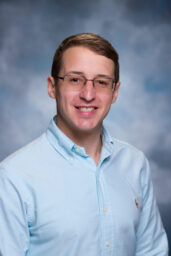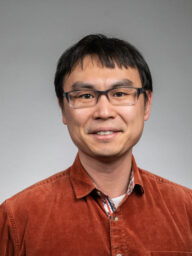CCB Colloquium – Professor Matthew Tyska, Vanderbilt University School of Medicine
Shaping the epithelial cell surface with actin bundling proteins During differentiation, enterocytes build an extensive apical array of microvilli known as the brush border, which serves to amplify the plasma membrane surface area available for nutrient absorption. In addition to serving as the sole site of nutrient uptake, brush border microvilli also provide an anchoring point for the glycocalyx and regulate interactions with luminal microbes. An … Read More

